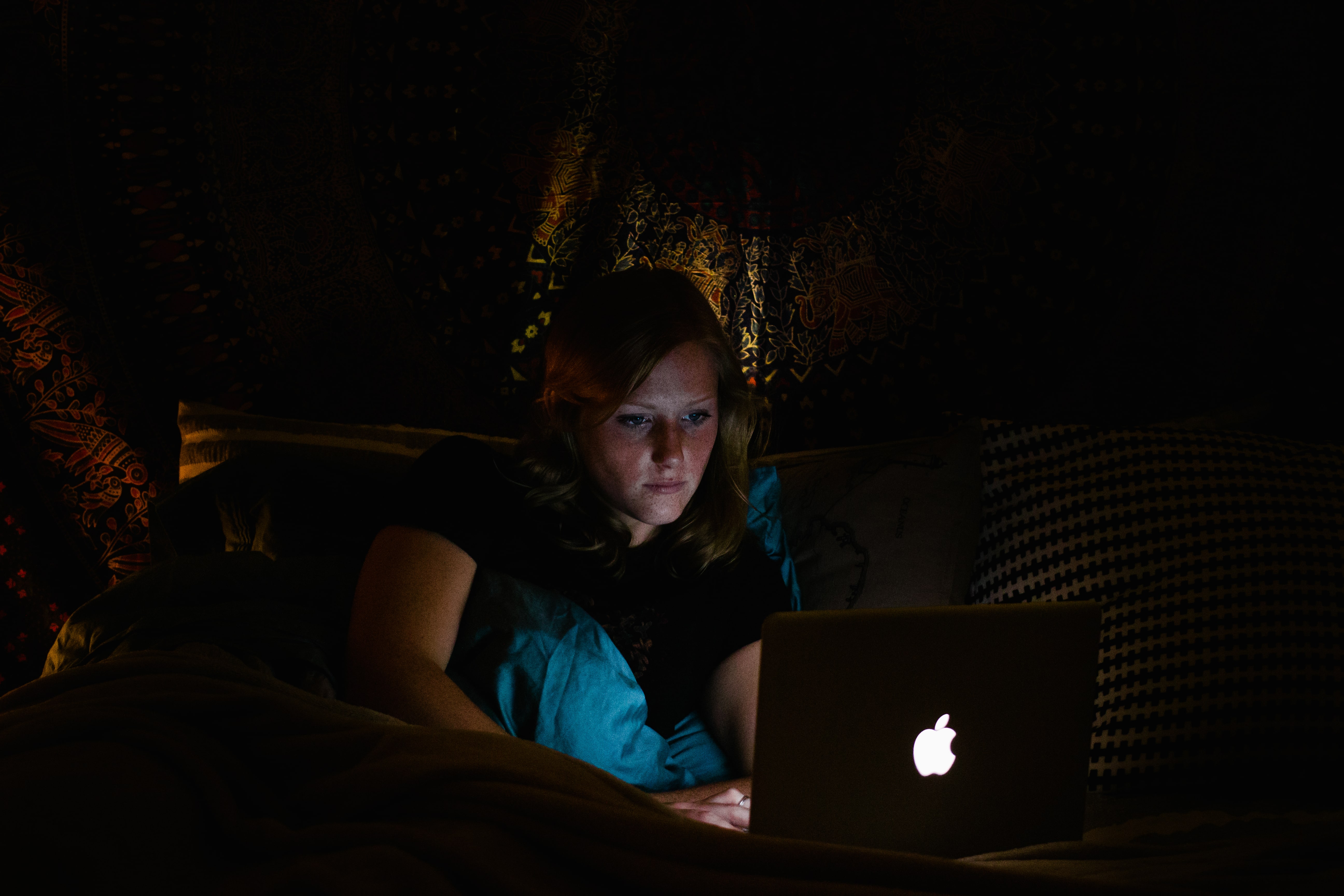Why Am I So Tired?: Considerations for Better Sleep

By Nikhil Gangasani
On a sunny Friday afternoon last November, I excitedly stepped out of the Food Sciences building after a week of studying hard, taking tests, and having little sleep. It was the start of my Thanksgiving break, and I was looking forward to visiting my long distance girlfriend whom I had not seen in several months. I bid Athens farewell and set out on a five hour road trip to Nashville, which involved a drive through the scenic but dangerous Cumberland Plateau. On my way to Tennessee, I jammed out to my Beatle’s 1 CD. As I l got lost in the soothing melody of “Something,” I was startled by a loud rumbling noise coming from beneath me. I had experienced microsleep and driven onto the shoulder of the highway. Immediately, I grabbed a bottle of cold water next to me and dumped half of it onto my head to wake myself up. I continued to pour water on my head for the duration of the trip to stay awake. If I had experienced that microsleep while driving through Cumberland, I could have driven off the plateau to my death.
College students consistently rank as one of the most sleep deprived populations. A study published in the Journal of Nature and Science of Sleep indicates that 70% of American college students are sleep deprived. This alarming statistic has seemingly obvious causes: maintaining As in classes interferes with catching the much needed ZZZs, maintaining active participation in extracurricular activities during the day and night hinders winding down at bedtime, and pushing hard to be a social butterfly leaves little time for sleeping in the cocoon. Sleep is ultimately an investment that college students fail to prioritize, and sacrificing sleep for academic, extracurricular, or social gain is detrimental in the long term – impaired academic performance and depressive mood have been linked to sleep deprivation. With regards to academic performance, a study noted trends between sleeping patterns and the GPAs of college students, finding that students with earlier bedtimes and waking times tended to have higher GPAs than students with later bedtimes and waking times. Furthermore, sleep deprivation takes a toll on mental health, as a study on female college students found that curtailing sleep by two hours or sleeping after 2:00 AM increased depressive symptoms such as melancholy and decreased motivation to exercise. Consistently maintaining both a bedtime no later than 12AM and a waking time around 8AM on weekdays benefits academic performance and strong mental health. Also, for classes requiring intensive studying, breaking up studying into small portions every or every other day is more beneficial than cramming over a few nights before a test. Current research on effective studying clarifies that spaced out studying allows for a wider array of contexts in which information is acquired, making information more accessible for retrieval later on. However, while academic, extracurricular, and social obligations attribute to sleep deprivation in college students, these are not the only causes.
College students also form habits detrimental to sleep hygiene, exacerbating the issue of sleep deprivation. Sleep hygiene promotes practices beneficial to recuperative sleep. Examples of good sleep hygiene are a commitment to a regular waking and sleeping schedule and a quiet, dark sleeping environment. Certain behaviors and substances, however, are destructive to recuperative sleep.The use of technology prior to bedtime is the most disruptive behavior against good sleep hygiene for contemporary college students . The current generation of college students is notorious for frequent computer and cellphone use. When this behavior persists before bedtime or is brought into the bed, a study has shown that sleep latency – the time between going to bed and falling asleep – increases. Melatonin, a hormone that synchronizes circadian rhythms with the environment, rises in level at night, causing sleepiness. However, exposure to light from modern electronics for more than two hours suppresses melatonin, thus prolonging sleep latency and making it harder to fall asleep. Because Starbucks cups are ubiquitous in the hands of college students, it’s no surprise that caffeine is the most disruptive substance against good sleep hygiene for contemporary college students. One study found that the effect of caffeine from two to four cups of coffee lasts about six to eight hours. Therefore, consuming caffeine right before or after dinner time posits troubles in falling asleep at night.
Sleep deprivation is a vicious cycle that is tough to escape. A study comparing the performance of well rested and sleep deprived students shows that sleep deprived students self-perceive their focus, effort, and performance as better than it actually is. By practicing good sleep hygiene, avoiding caffeine use around and after dinner time, and restricting the use of electronics in and before bed, sleep deprivation can be alleviated. At the same time, it is important to commit to good organizational skills and to avoid procrastinating so that the benefits of sleep hygiene are more tangible. Finally, when planning a road trip, keep in mind the importance of getting enough sleep the night before. A study on sleep deprived young drivers found that those who slept fewer than six hours the night before were much more likely to experience a car crash than those who slept for more than six hours. While the first step to better sleep is to evaluate how these considerations pertain to your own life, habits will persist until change is implemented.

